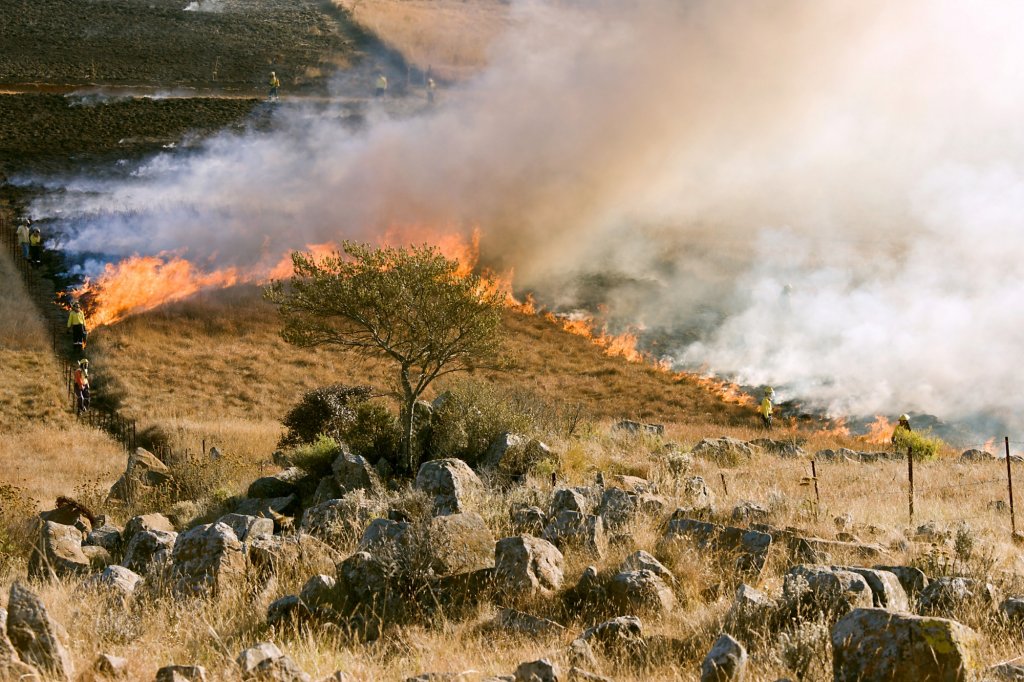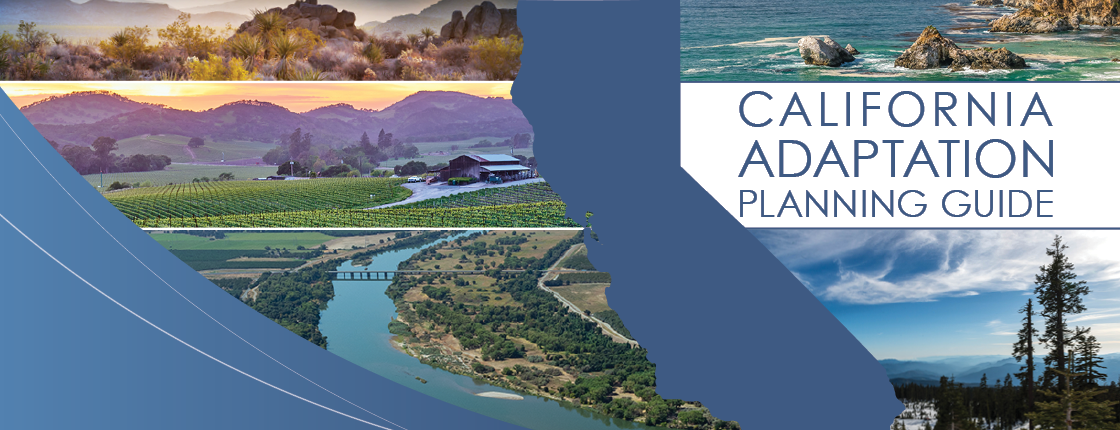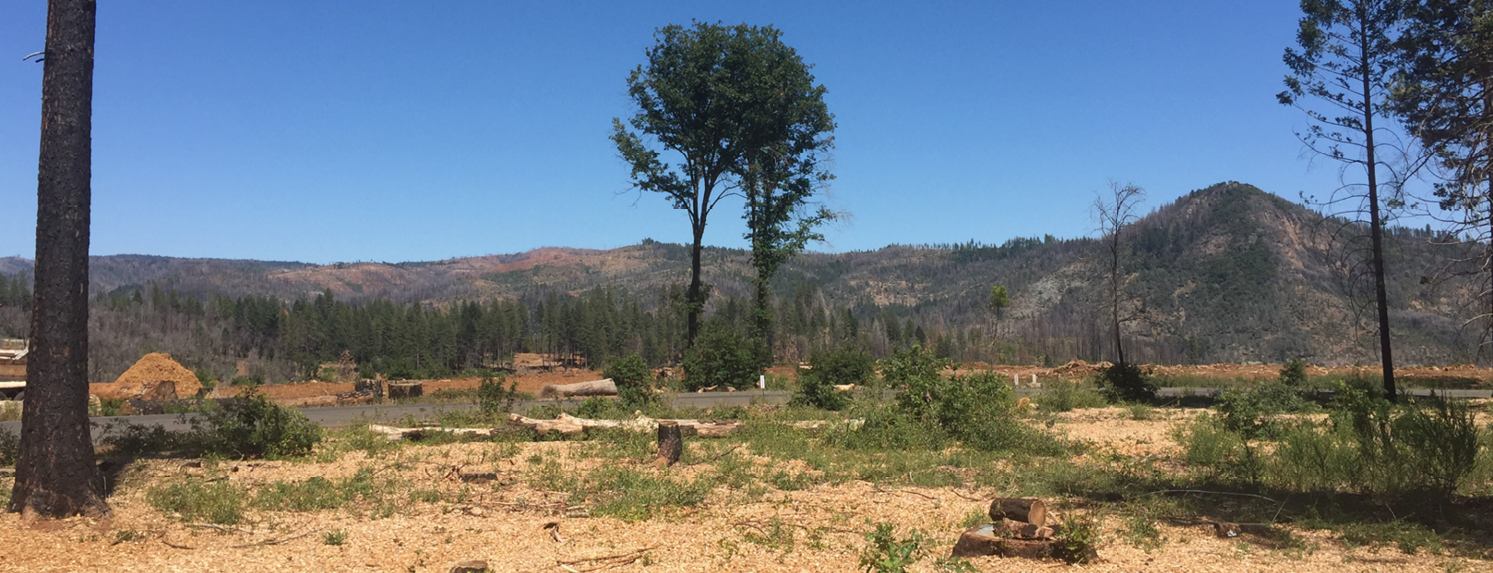Tackling the Challenges of Resiliency

Communities, working lands, and natural areas face unprecedented challenges from natural and environmental hazards, many of which are exacerbated by climate change. The interconnected systems and processes of climate change require solutions from different perspectives—addressing the hazards we face now, reducing the sources of greenhouse gas emissions, and designing our communities for resilience in the future.
PlaceWorks partnered with the State of California to prepare the Adaptation Planning Guide, the State’s “go-to” guidance for local climate adaption and resilience planning. Its four-phased approach emphasizes equitable community and stakeholder engagement in each phase. We partner with communities and regional agencies to identify climate hazards, risks, impacts, frontline communities, and vulnerabilities, such as the Climate Change Vulnerability Assessment for Santa Barbara County. In the Eastern Sierra, we partnered with local agencies to analyze the effects of climate change, specifically, how they might affect outdoor recreation, tourism, and economic stability.

The reduction of greenhouse gas emissions is critical, and PlaceWorks helps communities to identify and reduce their GHGs as well as adapt to changing conditions. The City of San Carlos’ unanimously approved Climate Mitigation and Adaptation Plan takes a cross-sector approach to decarbonize local energy and transportation systems, expand resilient and renewable energy sources, and reduce waste.
To complement these planning efforts, PlaceWorks creates designs that reduce vulnerability and create resiliency to climate change. We develop place-based design solutions such as the Richmond Wellness Trail, a non-motorized, carbon-free transportation option for residents to commute and recreate safely in a space that mitigates heat island effects by planting shade trees and improves water quality through rain gardens. Our design of shoreline parks and trails, such as MLK Tidewater Regional Shoreline, use multi-benefit, nature-based solutions, such as elevated trails that preserve recreation and infrastructure, and new marshes and floodplains that absorb the rising sea level and floodwaters. We’re also helping to reimagine and redesign places that have been impacted by recent fire events. The Upper Ridge Community Plan in Butte County identifies priorities, design strategies, and best practices for rebuilding neighborhoods lost in the Camp Fire. Reimagining Big Basin Redwoods State Park, a project to re-envision and rebuild the iconic park following the CZU Lightning Complex fires, is exploring design strategies in close coordination with forest management planning in order to create meaningful visitor experiences while supporting access and public safety.
